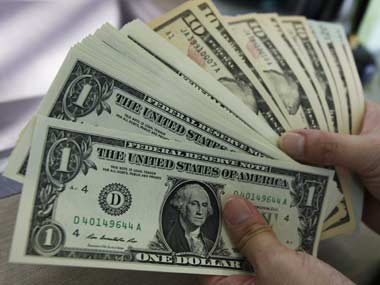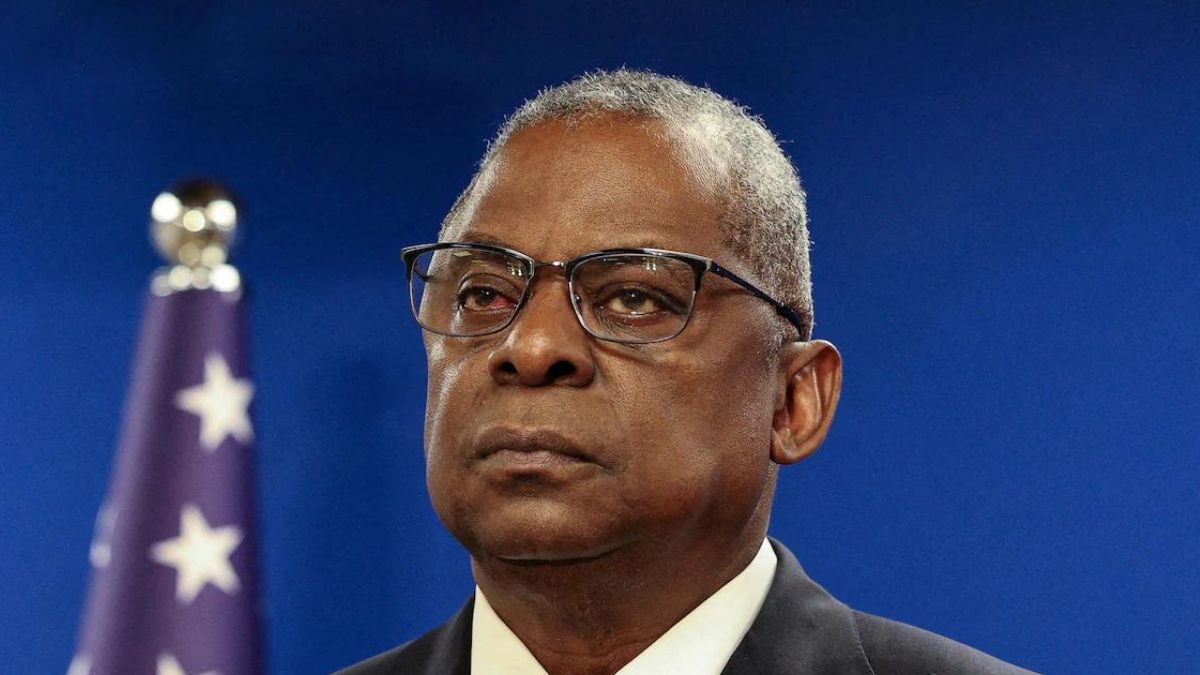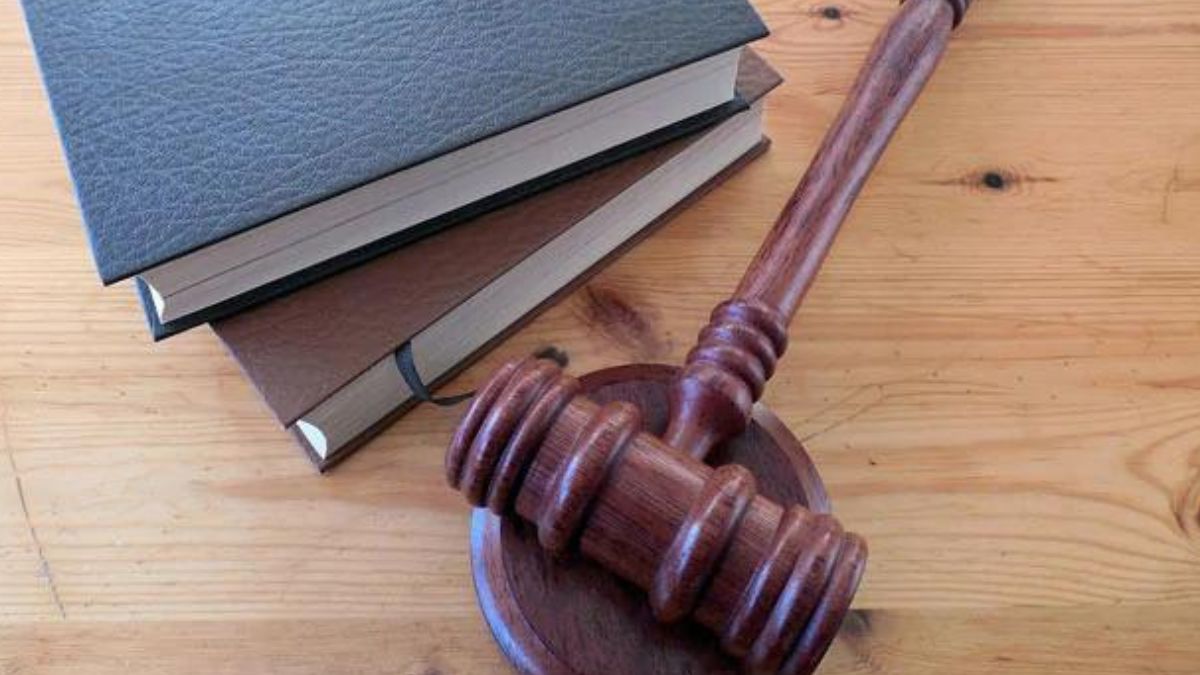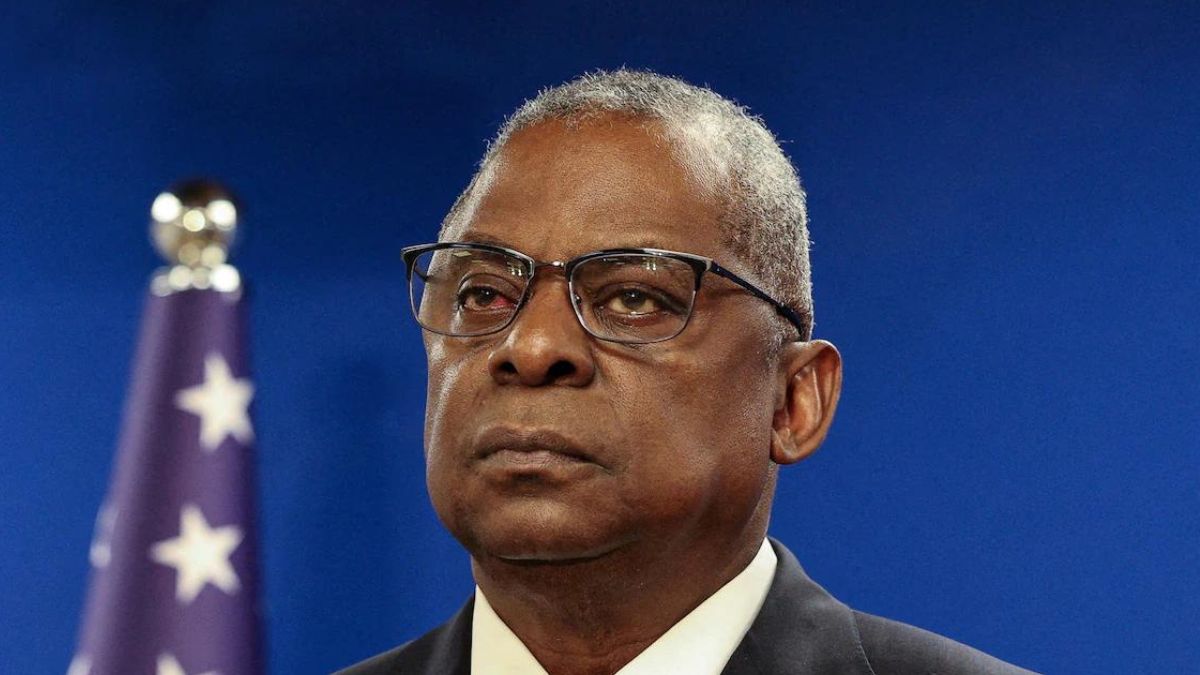Battered by a weak economy, a mountain of debt, and a toxic political environment, the US received one more bit of bad news: it has lost its top-notch AAA rating after the rating agency Standard & Poor’s downgraded it to AA+, one notch lower. (Read S&P’s full report here .)
The momentous move drags down the long-term credit standing of the US and could potentially push up the cost of its borrowings if other rating agencies too take similar action. (For now, they have held back.) It would also have political ramifications in the US, where an unyielding right wing is eager to pin the blame on President Barack Obama for the loss of America’s standing in the credit market. The US first earned its AAA rating, a measure of absolute investor faith in the underlying economy, in 1917.
At its core, S&P’s action signals that the rating agency is not convinced that the debt ceiling deal thrashed out by US Congressional leaders in Washington earlier this week would do enough to lower the US debt burden over the long term.
Explaining its action, S&P’s said: “The downgrade reflects our opinion that the fiscal consolidation plan that Congress and the administration recently agreed to falls short of what, in our view, would be necessary to stabilise the government’s medium-term debt dynamics.”
Political gridlock to blame
More broadly, it said, its action reflected its view that the “effectiveness, stability and predictability of American policymaking and political institutions have weakened at a time of ongoing fiscal and challenges…”
The difficulties in bridging the gulf between the political parties over fiscal policies “makes us pessimistic” about the capacity of Congress and the Obama administration to work out a long-term fiscal consolidation plan, the report added.
No immediate impact seen
But S&P’s action may not have an immediate impact on the US economy as two other credit rating agencies - Moody’s and Fitch - have indicated they don’t plan to downgrade US sovereign ratings immediately. Investors’ action on ratings is typically triggered when two rating agencies downgrade a sovereign.
S&P’s controversial move came at the end of a day of intense negotiations between the rating agency and the Obama administration. According to media reports, early on Friday, S&P’s gave notice that it planned to downgrade the US government’s AAA rating.
Numbers in dispute
But the Obama administration challenged the numbers it had cited.
CNN reported earlier in the day, citing an Obama administration source, that the rating agency had got its numbers all wrong, and was revising its analysis. S&P’s numbers in its economic model were off by “trillions”, according to the reports.
ABC News too reported, quoting an Obama administration official, that S&P’s made a “serious mistake” in its analysis, “based on flawed math and assumptions,” and that the Obama administration was pushing back.
CNN’s John King quoted the official as saying earlier that the discussions between the Obama administration and S&P officials were a “moving target” and that it was clear that “some people (at S&P’s) still want to go forward” and downgrade the US sovereign rating.
“S&P has acknowledged its numbers are wrong, it’s unclear what they’re going to do,” ABC News quoted the official as saying.
The news channel reported that the US government was therefore “expecting and preparing” for S&P’s to downgrade. The official said S&P’s cited the “political confusion” around the process of raising the debt ceiling and the collapse of confidence that the political system in the US would be able to agree to more cuts in the deficit.
Republicans and the right wing Tea Party leaders, some of whom have been elected to Congress, have refused to accept any tax increases as part of a deal to reduce the deficit.
In its report, S&P’s specifically pointed to the fact that “the majority of Republicans in Congress continue to resist any measure that would raise revenues, a position we believe Congress reinforced.” It said it now expects no tax hikes - not even an expiry of the tax cuts that were introduced during the presidency of George W. Bush and extended by the Obama administration.
Controversy over S&P action
S&P’s action was criticised by the Obama administration, which pointed to a flaw in the rating agency’s calculations that effectively added about $2 trillion in discretionary spending over the next few years. Business Insider quotes an administration source as saying that over the course of the day, the emphasis in S&P’s rationale for a downgrade shifted from numerical analysis (based solely on the debt numbers) to a statement on the nation’s political process."
Reuters quotes a Treasury spokesman: “A judgement flawed by a $2 trillion error speaks for itself.”
Nobel Prize-winning economist and New York Times columnist Paul Krugman wrote on his blog : “S&P is just making stuff up - and after the mortgage debacle, they really don’t have that right.”
Krugaman added: “It’s hard to think of anyone less qualified to pass judgment on America than the rating agencies. The people who rated subprime-backed securities are now declaring that they are the judges of fiscal policy? Really?”
Legendary investor Warren Buffett is quoted as saying of the downgrade: “I don’t get it. It doesn’t make sense.”
Watch video: Global credit rating agency S&P downgrades US credit rating after US markets saw their worst fall since the last recession.


)




)
)
)
)
)
)
)
)